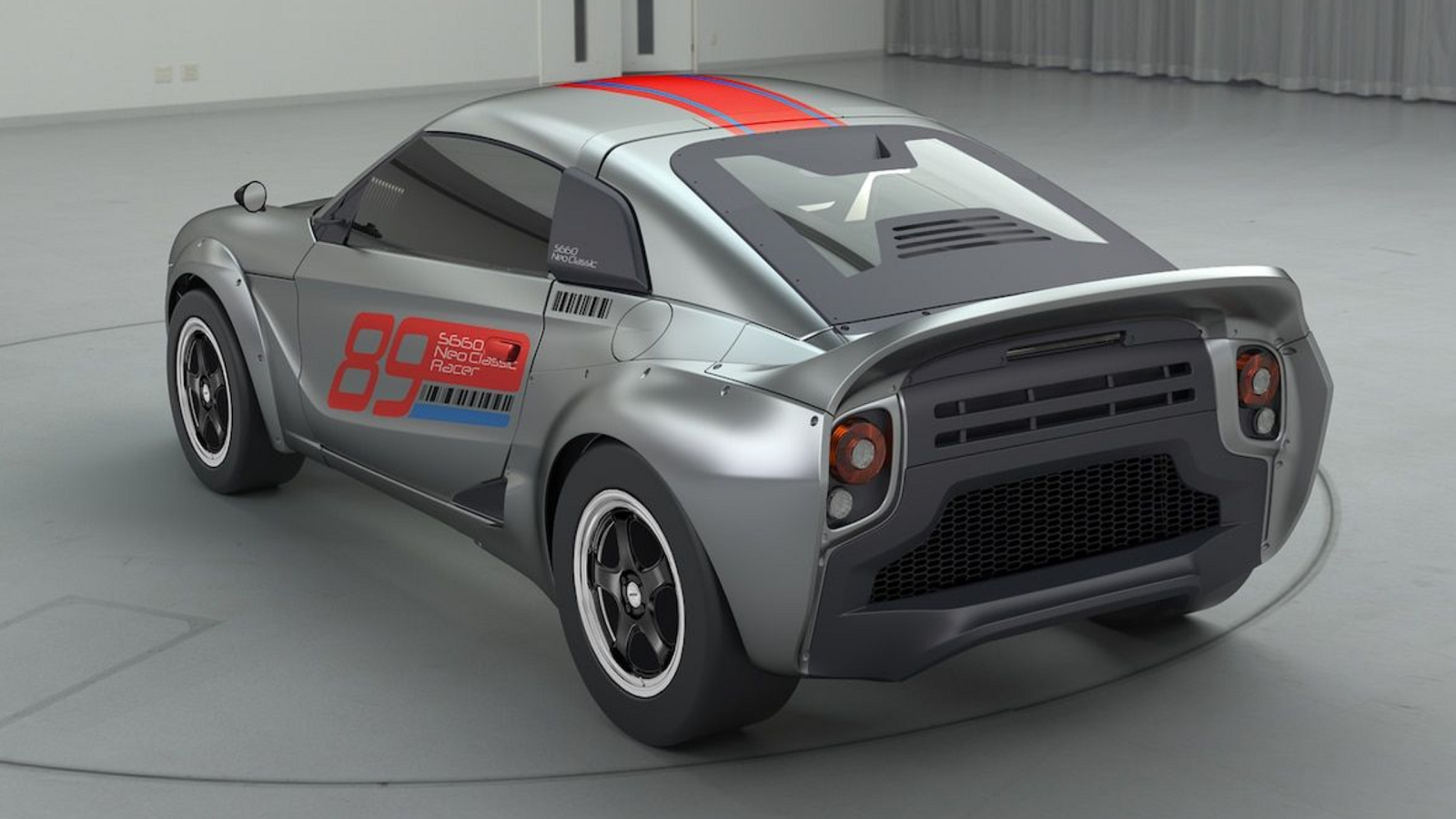

The nonpartisan Legislative Analyst’s Office concluded in a report released a few months ago: “The overall effects of the state’s policies aimed at reducing transportation (greenhouses gases) are largely unclear.” Unless California can quickly reverse that trend, the ability to meet long-term climate goals is in doubt.

Yet planet-warming pollution from transportation has been rising, amounting to as much as half of the state’s greenhouse-gas emissions. More than half the nation’s clean cars reside in California garages and driveways, with sales making wild leaps-a nearly 81% increase in registration of new electric vehicles between 20, according to the California New Car Dealers Association. The transformation is well underway, but the positive news is clouded by negative trends. It is tempting to employ any number of puns when considering California’s transportation future: The state is at a crossroads, its policies could run out of gas, dangerous curves lie ahead.īut keeping in mind that the state’s climate policies demand the wholesale electrification of transportation, here’s another: California must reinvent not only the wheel, but also the vehicle, the fuel and the road. San Diegans stand in line to test-drive vehicles made by Tesla, BMW, Kia, Honda, Volkswagen, Chevrolet and Ford in 2017.


 0 kommentar(er)
0 kommentar(er)
